Addictions
‘Biggest drug dealer’: Ontario premier Doug Ford blasts Trudeau government over injection sites
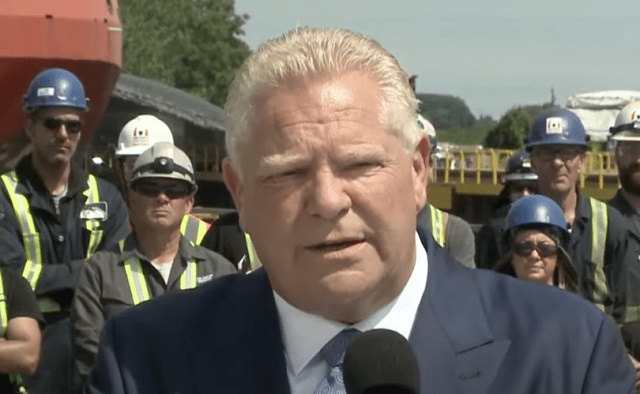
From LifeSiteNews
While speaking to reporters on Wednesday, Doug Ford said about Trudeau’s lax drug policies, ‘As far as I’m concerned, the federal government is the biggest drug dealer in the entire country.’
Ontario premier Doug Ford had some choice words for Prime Minister Justin Trudeau, saying his continued push for lax drug policies has effectively turned his federal government into “the biggest drug dealer in the entire country.”
While speaking to reporters on Wednesday in St. Catharines, Ontario, Ford said directly, “As far as I’m concerned, the federal government is the biggest drug dealer in the entire country,” referring to the Trudeau government’s “safer supply” drug program as well as its “safe” injection sites.
Ford made the comments after coming under fire from leftists and legacy media pundits for recently announcing his provincial government would be closing multiple “safe injection” sites – facilities at which drug users can lawfully inject or otherwise consume narcotics – which are located close to schools and daycares in his province.
“It’s unacceptable, it needs to stop,” Ford said about the Trudeau-led programs.
“We need to get rid of safe supply and put money into treatment and detox beds, that’s what we need to do, not continue to give people free drugs,” referring to the federal program in which drug users are given narcotics, instead of procuring them from the blackmarket, as a supposed way to curb addiction-related deaths.
Despite public backlash with respect to these policies, Health Canada recently approved 16 more drug consumption sites in Ontario. Ford noted in the press conference that each day he gets “endless phone calls about needles being in the parks, needles being by the schools and the daycares,” calling the situation “unacceptable.”
The Trudeau Liberals claim their “safer supply” program is good because it is “providing prescribed medications as a safer alternative to the toxic illegal drug supply to people who are at high risk of overdose.”
However, studies have shown that these programs often lead an excess of deaths from overdose in areas where they are allowed.
While many of the Trudeau government’s lax drug policies continue, they have been forced to backpedal on some of their most extreme actions.
After his federal government allowed the province of British Columbia to decriminalize the possession of hard drugs including heroin, cocaine, fentanyl, meth and MDMA beginning on January 1, 2023, reports of overdoses and chaos began skyrocketing, leading the province to request that Trudeau re-criminalize drugs in public spaces.
A week later, the Trudeau government relented and accepted British Columbia’s request.
Addictions
London Police Chief warns parliament about “safer supply” diversion
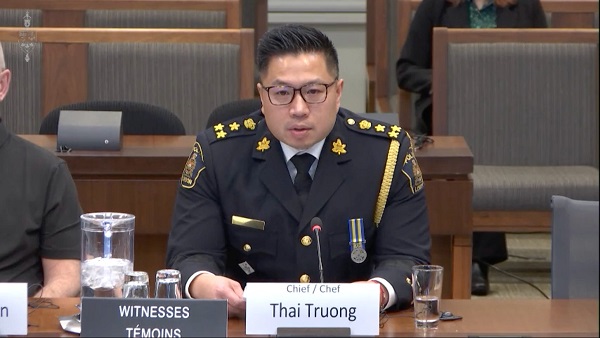
London Police Chief Thai Truong testifies to House of Commons Standing Committee on November 26, 2024.
By Adam Zivo
“Vulnerable individuals are being targeted by criminals who exchange these prescriptions for fentanyl, exacerbating addiction and community harm,” said London Police Chief Thai Truong.
Thai Truong, the police chief of London, Ontario, testified in parliament last week that “safer supply” opioids are “obviously” being widely diverted to the black market, leading to greater profits for organized crime. His insights further illustrate that the safer supply diversion crisis is not disinformation, as many harm reduction advocates have speciously claimed.
Truong’s testimony was given to the House of Commons Standing Committee on Health, which is in the midst of an extended study into the opioid crisis. While the committee has heard from dozens of witnesses, Truong’s participation was particularly notable, as safer supply was first piloted in London in 2016 and the city has, since then, been a hotbed for opioid diversion.
“While the program is well intentioned, we are seeing concerning outcomes related to the diversion of safe supply medications… these diverted drugs are being resold within our community, trafficked to other jurisdictions, and even used as currency to obtain fentanyl, perpetuating the illegal drug trade,” he said in his opening speech. “Vulnerable individuals are being targeted by criminals who exchange these prescriptions for fentanyl, exacerbating addiction and community harm.”
He later clarified to committee members that these vulnerable individuals include women who are being pressured to obtain safer supply opioids for black market resale.
Safer supply programs are supposed to provide pharmaceutical-grade addictive drugs – mostly 8-mg tablets of hydromorphone, an opioid as potent as heroin – as an alternative to riskier street substances. The programs generally supply these drugs at no cost to recipients, with almost no supervised consumption, and have a strong preference for Dilaudid, a brand of hydromorphone that is manufactured by Purdue Pharma.
Addiction experts and police leaders across Canada have reported that safer supply patients regularly divert their hydromorphone to the black market. A recent study by Dr. Brian Conway, director of Vancouver’s Infectious Disease Centre, for example, showed that a quarter of his safer supply patients diverted all of their hydromorphone, and that another large, but unknown, percentage diverted at least some of their pills.
Truong’s parliamentary testimony, which mostly rehashed information he shared in a press conference last July, further corroborated these concerns.
He noted that in 2019, the city’s police force seized 847 hydromorphone pills, of which only 75 were 8-mg Dilaudids. Seizures increased after access to safer supply expanded in 2020, and, by 2023, exploded to over 30,000 pills (a roughly 3,500 per cent increase), of which roughly half were 8-mg Dilaudids. During this period, the number of annual overdose deaths in the city also increased from 73 to 123 (a 68 per cent increase), he said.
Relatedly, Truong noted that the price of hydromorphone in London – $2-5 a pill – is now much lower than in other parts of the province.
As an increasing number of police departments across Canada have publicly acknowledged that they are seeing skyrocketing hydromorphone seizures, some safer supply advocates have claimed, without evidence, that these pills were mostly stolen from pharmacies, and not diverted by safer supply patients. Truong’s parliamentary testimony dispelled this myth: “These increases cannot be attributed to pharmacy thefts, as London has had only one pharmacy robbery since 2019.”
The police chief declined to answer repeated questions about the efficacy of safer supply, or to opine on whether the experimental program should be replaced with alternative interventions with stronger evidence bases. “I’m not here to criticize the safe supply program, but to address the serious challenges associated with its diversion,” he said, noting his own lack of medical expertise.
The chief emphasized that, while more needs to be done to stop safer supply diversion, the addiction crisis is a “complex issue” that cannot be tackled solely through law enforcement. He advocated for a “holistic” approach that integrates prevention, harm reduction and treatment, and acknowledged the importance of London’s community health and social service partners.
Our content is always free. Subscribe to get BTN’s latest news and analysis,
or donate to our journalism fund.
In response to Truong’s testimony, NDP MP Gord Johns, an avid safer supply advocate, downplayed the importance of the diversion crisis by arguing that “people aren’t dying from a safer supply of drugs; they’re dying from fentanyl.”
While it is true that 81 per cent of overdose deaths in 2024 involved fentanyl, addiction physicians across Canada have repeatedly debunked Johns’ argument as misleading. The dangers of diverted hydromorphone is not that it directly kills users, but rather that it easily hooks individuals into addiction, leading many of them to graduate to deadly fentanyl use.
Johns previously faced criticism when, in a September health committee meeting, he seemingly used parliamentary maneuvers to reduce the speaking time of a grieving father, Greg Sword, whose daughter, Kamilah, died of drug-related causes after she and her friends got hooked on diverted hydromorphone.
There is currently no credible evidence that safer supply works. Most supporting studies simply interview safer supply patients and present their opinions as objective fact, despite significant issues with bias and reliability. Data presented in a 2024 study published in the British Medical Journal, which followed over 5,000 drug users in B.C., showed that safer supply led to no statistically significant mortality reductions once confounding factors were fully filtered out.
An impending update to Canada’s National Opioid Use Disorder Guideline, which was recently presented at a conference organized by the Canadian Society of Addiction Medicine, determined that the evidence base for safer supply is “essentially low-level.” Similarly, B.C’s top doctor acknowledged earlier this year that safer supply is “not fully evidence-based.”
This article was syndicated in The Bureau, an online media publication that investigates foreign interference, organized crime, and the drug trade.
Addictions
Parliament votes for proposal recommending hard drug decriminalization
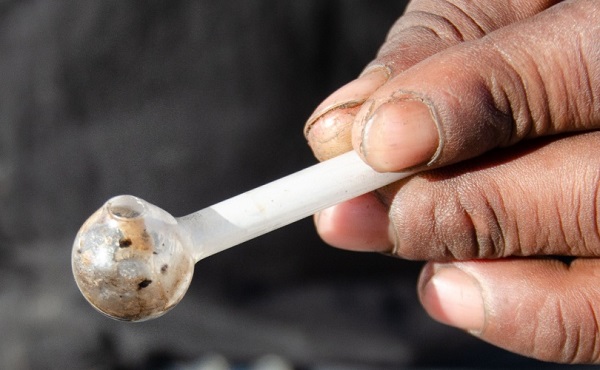
From LifeSiteNews
Canadian MPs have voted 210 to 117 in favor of a proposal to decriminalize simple possession of heroin, cocaine and all other illegal drugs across Canada despite the disastrous effects of lax drug policies already observed.
Canada may be one step closer to decriminalizing hard drugs as the majority of MPs voted in favor of a proposal recommending the move.
According to information published November 25 by Blacklock’s Reporter, MPs voted 210 to 117 in favor of a proposal recommending the decriminalizing of the simple possession of heroin, cocaine and all other illegal drugs across Canada. While the proposal is non-binding, it could point to how MPs would vote on a future bill seeking to augment the law.
“Why has it come to this?” Conservative MP Jacques Gourde, who opposes such a move, questioned. “We have reached the end of the road and nothing better lies ahead if we continue down this path.”
The recommendation, which received a House majority with only Conservative MPs voting against it, suggested “that the Government of Canada decriminalize simple possess of all illicit drugs.”
Prime Minister Justin Trudeau’s cabinet was noncommittal in their response to the suggestion, saying, “The government recognizes there are increasing calls from a wide range of stakeholders to decriminalize the simple possession of drugs as another tool to reduce stigma that can lead many to hide their drug use and avoid seeking supports including treatment.”
“The government is exploring policy approaches and a broader framework that would ease the impact of criminal prohibitions in certain circumstances,” the Cabinet continued.
The Trudeau government’s consideration of nationwide decriminalization comes despite drug-related deaths skyrocketing in the province of British Columbia after decriminalization was implemented there by the Trudeau government in 2023. In fact, the policy was considered so damaging by the left-wing controlled province that it had to ask to have certain aspects of the policy, such as the public use of drugs, rescinded earlier this year.
Other soft-on-drug policies have already been implemented by the Trudeau government, including the much-maligned “safer supply” program.
“Safe supply” is the term used to refer to government-prescribed drugs given to addicts under the assumption that a more controlled batch of narcotics reduces the risk of overdose. Critics of the policy argue that giving addicts drugs only enables their behavior, puts the public at risk, disincentivizes recovery from addiction and has not reduced – and sometimes even increased – overdose deaths when implemented.
The effects of decriminalizing hard drugs have been the source of contention throughout the country, as evidenced in Aaron Gunn’s documentary, Canada is Dying, and in U.K. Telegraph journalist Steven Edginton’s mini-documentary, Canada’s Woke Nightmare: A Warning to the West.
Gunn, who has since become a Conservative Party candidate, previously noted that his film shows clearly the “general societal chaos and explosion of drug use in every major Canadian city” since lax policies were implemented.
“Overdose deaths are up 1,000 percent in the last 10 years,” he said in his film, adding that “every day in Vancouver four people are randomly attacked.”
-
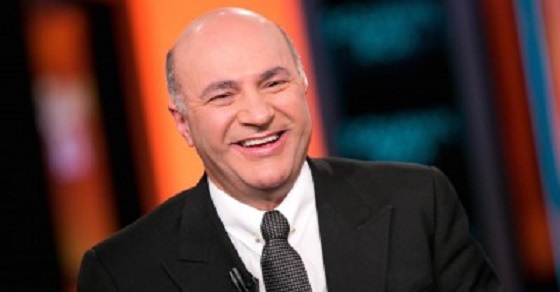
 Alberta14 hours ago
Alberta14 hours agoProposed $70 billion AI data centre in MD of Greenview could launch an incredible new chapter for western Canadian energy
-
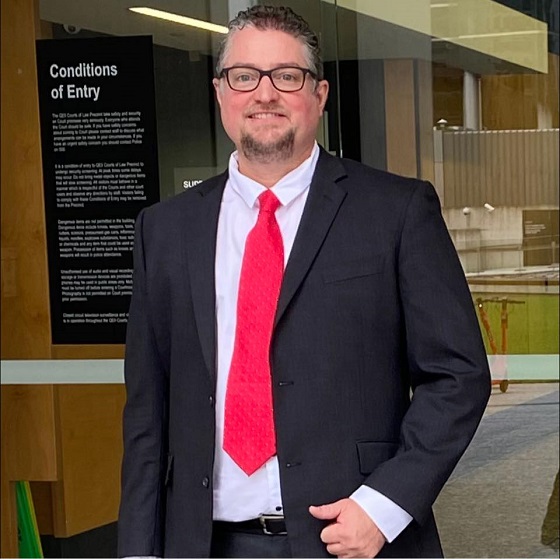
 COVID-192 days ago
COVID-192 days agoAustralian doctor who criticized COVID jabs has his suspension reversed
-

 Business1 day ago
Business1 day agoMassive growth in federal workforce contributes to Ottawa’s red ink
-

 Alberta10 hours ago
Alberta10 hours agoYour towing rights! AMA unveils measures to help fight predatory towing
-
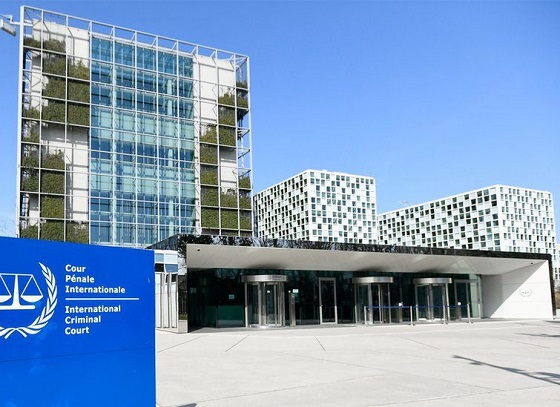
 Frontier Centre for Public Policy1 day ago
Frontier Centre for Public Policy1 day agoFalse Claims, Real Consequences: The ICC Referrals That Damaged Canada’s Reputation
-
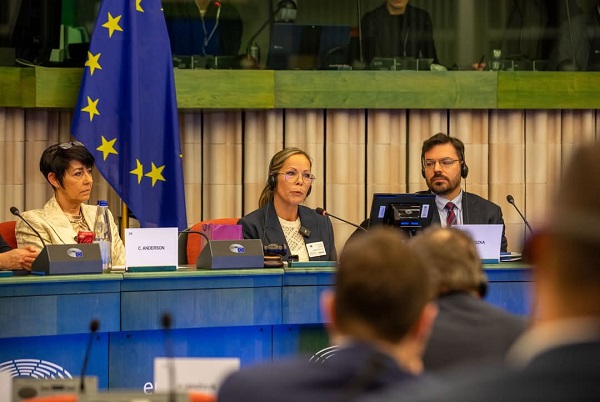
 COVID-192 days ago
COVID-192 days agoFreedom Convoy leader Tamara Lich calls out Trudeau in EU Parliament address for shunning protesters
-
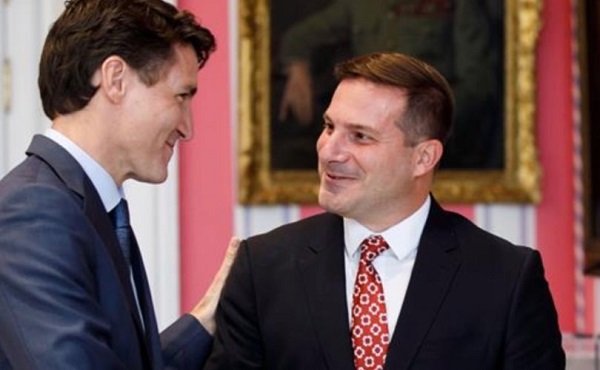
 COVID-191 day ago
COVID-191 day agoFormer Trudeau minister faces censure for ‘deliberately lying’ about Emergencies Act invocation
-

 National1 day ago
National1 day agoWhen’s the election? Singh finally commits. Poilievre asks Governor General to step in




